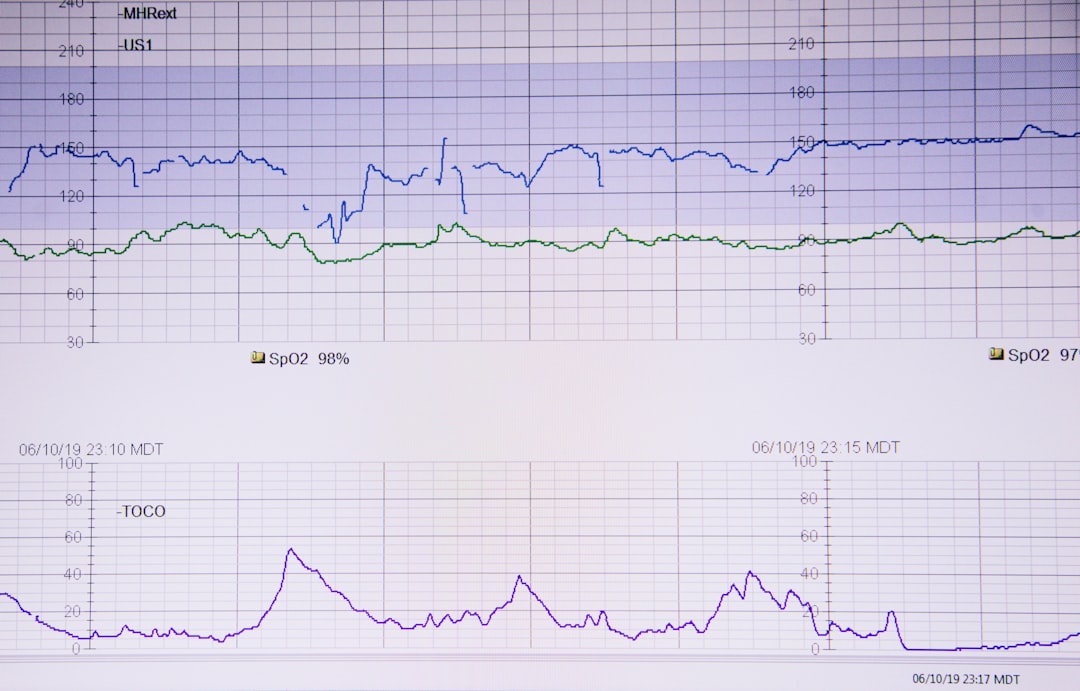People analytics didn’t always sound exciting. A few years ago, many HR departments saw it as a boring pile of spreadsheets. Today, it’s a game-changer. For Chief Human Resource Officers (CHROs), it’s become a key tool to make smart decisions, build better teams, and shape winning cultures.
So, what is people analytics, really?
It’s the practice of using data about employees to make better decisions. Think of it like having a GPS for your HR strategy. Instead of guessing what your team needs or what role to hire next, you use real numbers and insights.
Sounds powerful, right? It is.
Let’s walk you through how people analytics evolved — and why CHROs love it now.
From Gut Feelings to Smart Data
In the past, HR relied a lot on intuition. That meant making decisions based on experience or “what feels right.” While experience is valuable, it’s not always accurate.
Now, we can look at:
- Who’s likely to leave the company
- What causes burnout
- Which teams perform the best — and why
- Pay gaps, promotion patterns, and hiring strengths
Thanks to cloud tech, AI, and machine learning, data flows in real time. That makes results faster and more reliable. HR has officially entered the data age.

The Three Waves of People Analytics
It’s been a journey. Let’s break it down:
- Descriptive Analytics: This shows you what happened. For example, how many people left last quarter?
- Predictive Analytics: This helps you see what might happen. Which employees are likely to leave soon?
- Prescriptive Analytics: This tells you what to do next. What specific steps reduce turnover and burnout?
Each wave added more value. CHROs now use people analytics not just to look back — but to plan ahead.
What Makes CHROs Excited About People Analytics?
It gives superpowers. Seriously.
With strong people analytics in place, CHROs can:
- Be Strategic: Align HR with business goals, not just hiring and firing.
- Save Money: Reduce turnover, cut hiring mistakes, and invest in the right training.
- Boost Culture: Spot early signs of burnout or dissatisfaction and fix them fast.
- Champion Inclusion: Identify biases in hiring, pay, and promotion. Create fairer practices.
One top HR leader said it best: “People analytics helps us move from opinions to facts.”
And facts build trust across leadership teams.
From Metrics to Meaning
Having the data is just the first step. The real magic happens when we turn it into action. Successful CHROs do this by:
- Collaborating with IT and data science teams
- Training HR teams to understand data and tools
- Telling stories with data — not just showing charts
A dashboard is great. But a story is powerful. “Why is our turnover rate so high in one team?” That’s something every leader wants to know — and fix fast.

The Cool and Fun Side of People Analytics
Yes, fun!
Modern tools make dashboards colorful, interactive, and easy to use. Leaders can explore trends, test ideas, and find hidden patterns. It’s like being a detective — but for teams.
Some companies even use people analytics to improve office layouts, track collaboration success, or plan better perks. The possibilities keep growing.
Final Thoughts for CHROs
People analytics is not just about numbers. It’s about humans. About uncovering what helps them thrive, stay, and shine.
For CHROs, that’s the future. Smarter hiring. Happier employees. Stronger leadership.
The takeaway? Embrace the numbers. Invite the tech. But never forget the people behind the data.
Because today’s best HR teams aren’t just tracking people. They’re unleashing potential.
